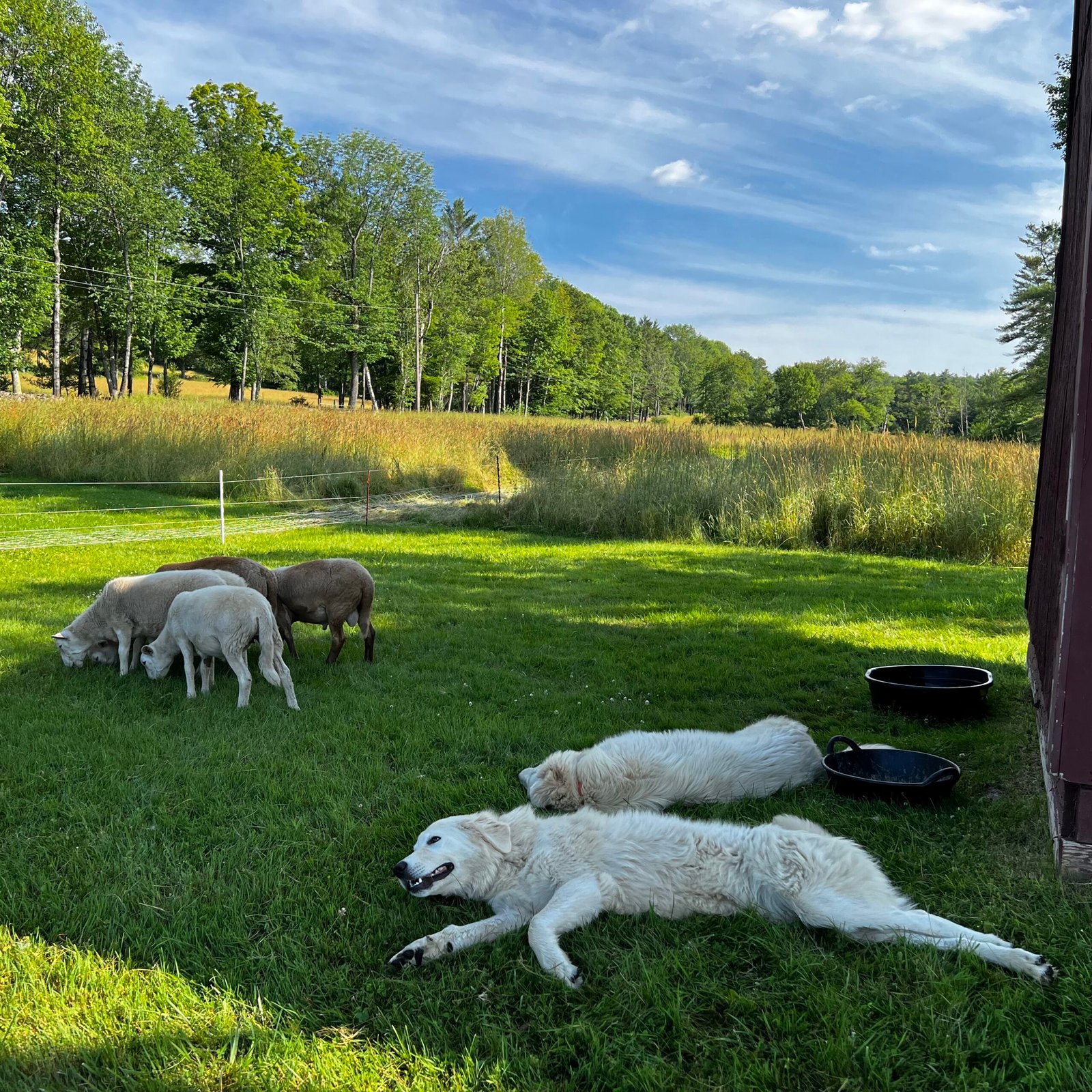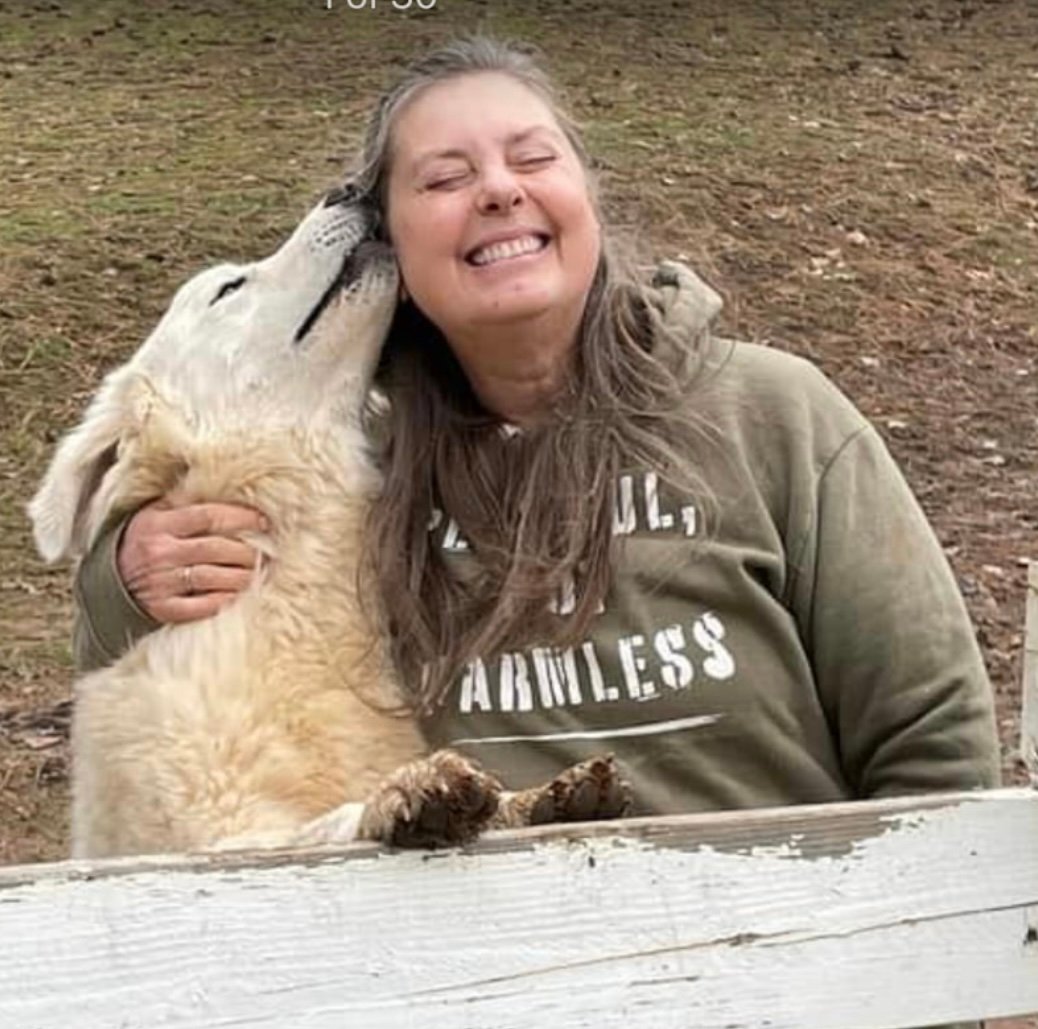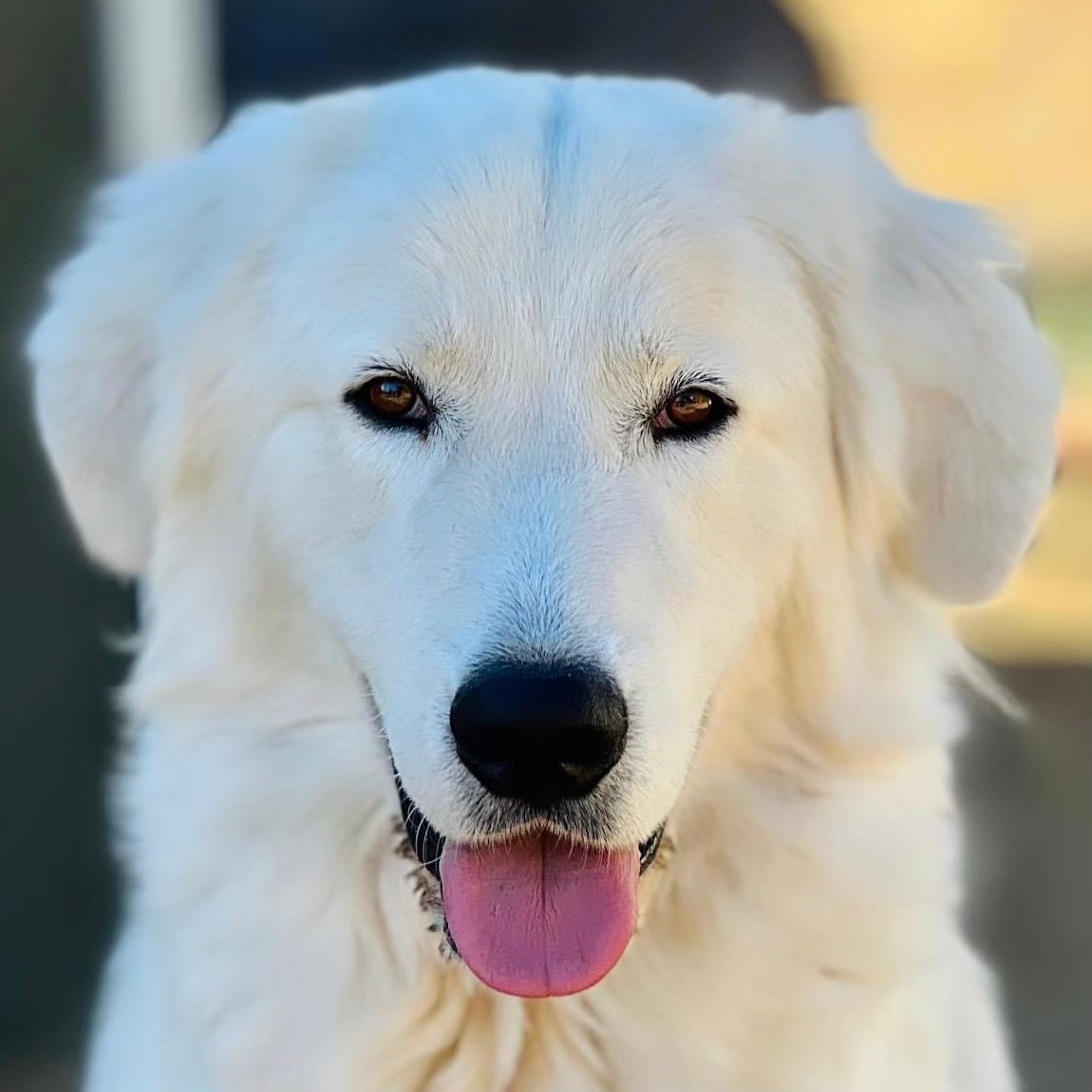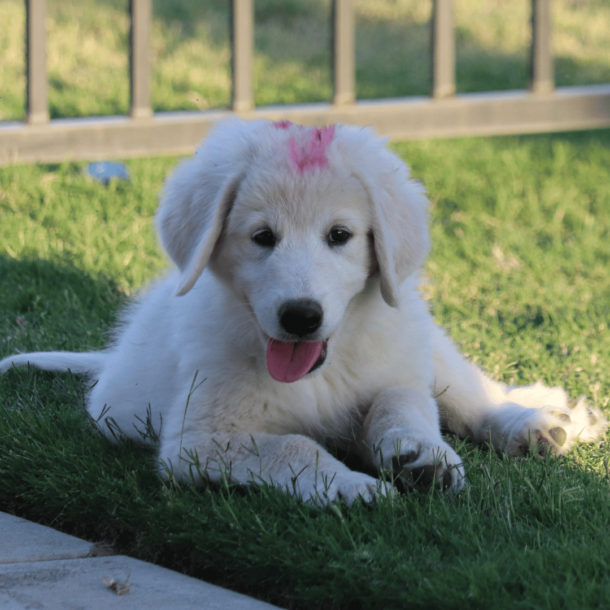Last Updated on November 6, 2025 by Kim Crawmer, KPA CTP, LFDM
Your Maremma’s first birthday represents far more than just marking time—it’s a celebration of an incredible transformation from the puppy you first brought home to the developing livestock guardian dog or family companion they’ve become. At Prancing Pony Farm, we love celebrating these milestones with our clients because they represent the successful partnership between dedicated owners and exceptional dogs.
The Remarkable Journey of the First Year
Looking back at photos from when your Maremma first came home, the physical changes are often stunning. That small, sometimes uncertain puppy has grown into a substantial young dog with emerging confidence and livestock guardian instincts. But the most significant changes aren’t always visible in photographs—they’re in the bond you’ve built, the trust you’ve established, and the foundation you’ve laid for a lifetime of partnership with your Maremma.
During this first year, your Maremma has navigated critical developmental stages including early socialization, fear periods, sometimes challenging adolescent behaviors, and the emergence of their working instincts. Each stage brought its own challenges and rewards, and successfully navigating them together has strengthened your partnership.
Developmental Achievements to Celebrate
By their first birthday, most Maremmas have accomplished remarkable developmental milestones:
Physical Development: Your Maremma has reached most of their adult height and shows the substantial build characteristic of the breed. Males typically weigh between 85-100+ pounds, while females usually range from 75-90 pounds when properly conditioned.
Livestock Guardian Instincts: What began as curiosity about livestock has likely developed into genuine protective awareness. Many one-year-old Maremmas show appropriate behavior with stock, alert responses to potential threats, and gentle but confident interactions with the animals they protect.
Social Bonds: The relationship between you and your Maremma has matured from new-puppy dependence to a working partnership based on mutual trust and understanding. They know their place in your family structure while maintaining the independence necessary for effective guardianship.
Basic Training: Fundamentals like manners, recall, boundary respect, and appropriate livestock interaction should be well-established for most dogs by this milestone, forming the foundation for continued training throughout their life.

Transitioning to Year Two: What to Expect
While celebrating this first birthday, it’s important to understand that your Maremma is still developing. Full maturity in this breed typically occurs between two and three years of age, so year two brings continued growth and refinement.
Continued Physical Development: While height is usually set, your Maremma will continue filling out with muscle and substance. Their coat may also continue developing adult characteristics in texture and seasonal patterns.
Refining Guardian Behaviors: Working instincts will become more sophisticated and reliable. You may notice more nuanced threat assessment, strategic positioning, and mature decision-making about when intervention is necessary. (Great news – this means your LGD will bark less as they learn to distinguish true threats from non-threats.)
Challenging and Settling: Some livestock guardian dogs experience a period of increased independence or challenging behaviors as they approach full maturity. Others settle into more predictable patterns. Both are normal variations in individual development.
Health and Care Transitions for Year Two
The first birthday marks several important transitions in your Maremma’s care:
Adult Nutrition: Some people switch to adult food at one year of age, while others keep their large breed puppies on puppy food for two years. Consult with your veterinarian about when or if you need to switch your Maremma’s diet. It is vitally important that any food you choose is AAFCO approved for large breed puppies to prevent orthopedic issues. Working guardians may need higher protein and fat levels than companion dogs.
Exercise Requirements: Your maturing Maremma can handle increased exercise and working responsibilities, but forced exercise should still be limited until growth plates close completely around 18-24 months.
Health Monitoring: Annual veterinary exams are important for detecting any developing issues early. This is also a good time to discuss long-term health maintenance strategies specific to working dogs.
Spay or Neuter Timing: Now is the time to discuss with your veterinarian when to spay or neuter your LGD, if you have not already done so. Most LGDs become sexually mature between 9 & 12 months of age (though it can be sooner) and steps should be taken to prevent unwanted litters, which often meet a sad fate. (Rescues and shelters are filled with unwanted LGDs produced by well-meaning people who were not prepared to raise and train LGD puppies or to properly vet buyers.) While there are valid medical reasons to delay spaying or neutering your dog until they are fully mature, the risks of an unwanted litter (especially between siblings) is a much higher risk in most cases. Please don’t add to the problem. Spay or neuter you Maremma ASAP.
Grooming Needs: Adult coat patterns are establishing, which may require adjustments to your grooming routine and seasonal management strategies. At a minimum, your Maremma will need a good grooming in the spring and the fall, with in-between maintenance such as nail trimming and ear cleaning. You can do the job yourself or take them to a professional groomer.
Common Challenges in Year Two
Understanding potential challenges helps you navigate them successfully:
Independence vs. Control: Balancing your Maremma’s natural independence with necessary boundaries requires ongoing attention. The goal is reliable response when needed while maintaining their ability to make appropriate autonomous decisions. (Meaning: don’t expect your Maremma to respond to you like a border collie would. Do aim for polite manners and trustworthy behavior with livestock.)
Working Reliability: While guardian instincts are developing, young adults may still make occasional poor judgments. Continued oversight and guidance help them develop mature decision-making skills. (Don’t just leave your LGD and livestock to “work things out”. That is a recipe for disaster.)
Hormonal Changes: If your Maremma is intact, their hormonal changes may bring noticeable behavioral changes, especially for females. This is the stage when two females who previously got along great can suddenly become fierce enemies. Sometimes it’s only an issue when one or both dogs are in heat. With other dogs it can be continual and lifelong. For this reason we do not advise owning two female LGDs, especially for first time owners. (Sometimes spaying before sexual maturity fixes the problem but not always.)
Supporting Continued Success
To support your Maremma’s continued development:
Maintain Training Consistency: Basic cues and desired behaviors need ongoing positive reinforcement throughout your dog’s life, not just during puppyhood.
Provide Appropriate Challenges: Gradually increasing responsibilities helps build confidence and working skills without overwhelming your developing guardian.
Monitor Individual Needs: Every Maremma matures at their own pace. Adjust expectations, antecedent arrangement and support based on your individual dog’s development rather than arbitrary timelines.
Preserve the Partnership: The relationship you’ve built is your most valuable tool for continued success. Nurture the trust and communication that allows your Maremma to work effectively while remaining responsive to your guidance.
Looking Ahead: The Mature Livestock Guardian Dog
As you celebrate this first birthday, you can look forward to the remarkable dog your Maremma will become. The investment you’ve made in proper socialization, consistent training, and appropriate experiences during this crucial first year creates the foundation for a lifetime of effective livestock guardianship.
Many clients tell us that watching their Maremma develop from an uncertain puppy into a confident, capable guardian is one of the most rewarding aspects of farm life. Your dedication and patience during this first year makes that transformation possible.

Celebrating Your Success
Take time to acknowledge your own growth as a livestock guardian dog owner. This is something most companion dog owners can’t ever fully understand or appreciate! Successfully raising a Maremma and nurturing it into a trustworthy, dependable livestock guardian dog requires learning new skills, adjusting expectations, and developing patience. The partnership you’ve built with your dog reflects your commitment and adaptability.
Consider creating a photo album or journal documenting this first year. These memories become precious reminders of your journey together and help you appreciate the remarkable development your Maremma has achieved.
Happy First Birthday to your livestock guardian dog, and congratulations on successfully navigating this foundational year together!

Ready to Join the Family?
The best way to start the process is by joining our email list. Then, we can send you information on available puppies and dogs. You’ll also be able to fill out our puppy application. The application helps us better understand you and your needs so we can match you with the perfect puppy!


